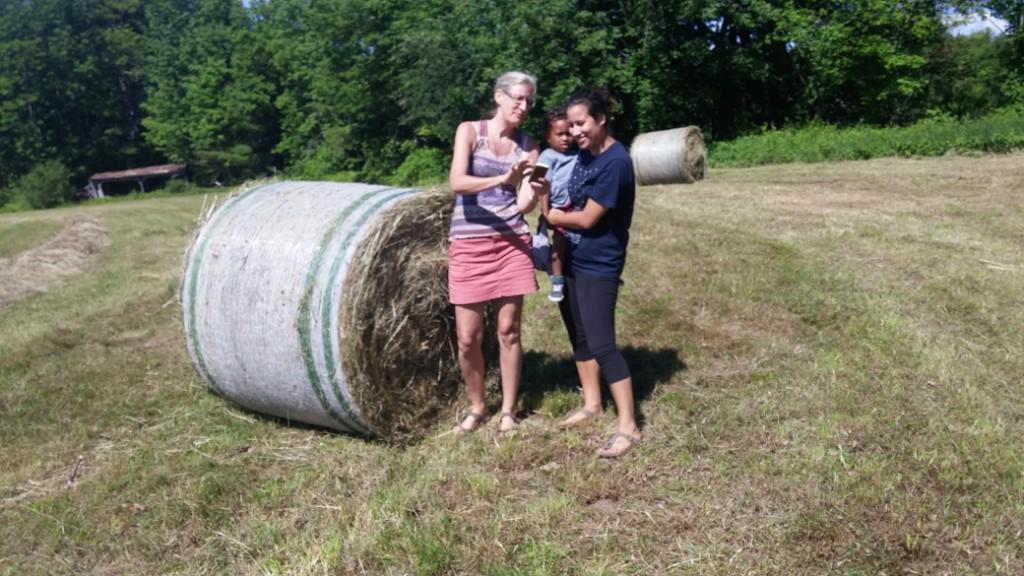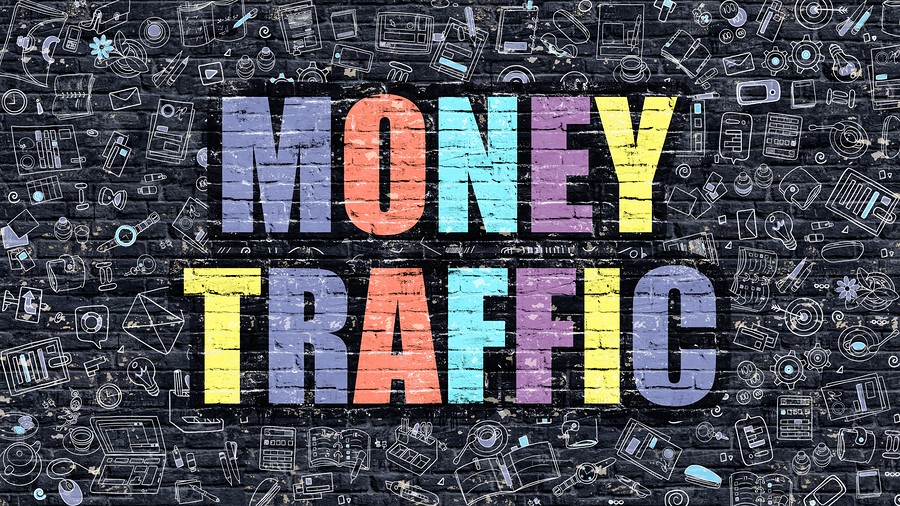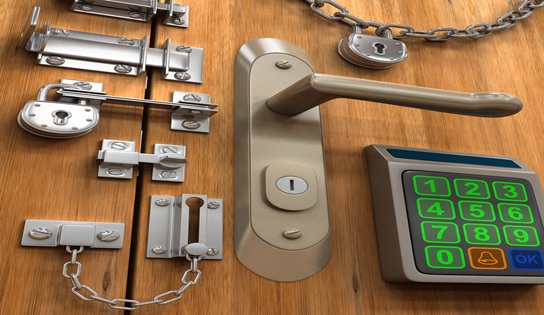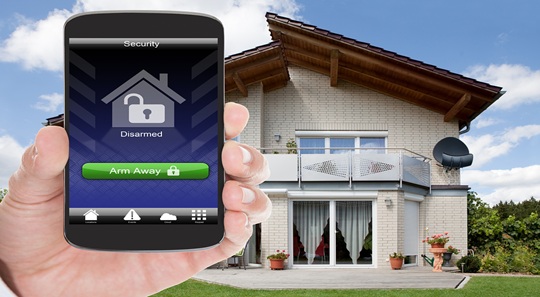Proactive Against Brutality: Protect Your Rights with Smartphones and Dash Cams
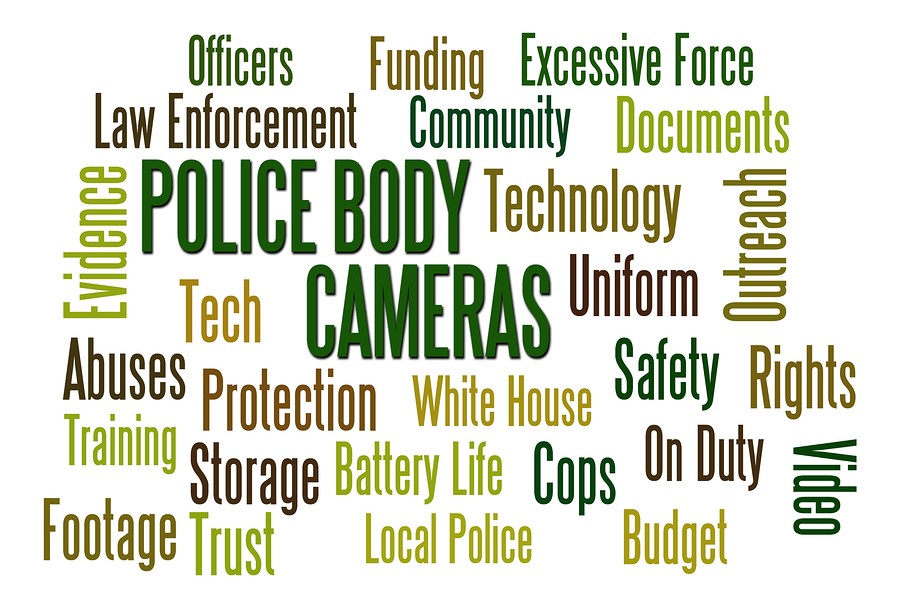
In altercations with authority, when the situation is one person’s word against another’s, the authority figure’s version of events often prevails over the civilian’s. In this situation (which is, unfortunately, so relevant in our country today) and other legal disputes, mobile dash cams and video evidence can tip the scales towards the truth. Just ask the family of Alton Sterling.
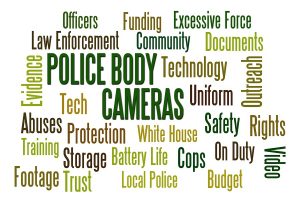
The American justice system has a complicated relationship with video evidence. The British police adopted body cams in the late 2000s, for example, to gather video evidence on assaults committed against police officers. When American police forces began to follow suit, body cams (and amateur video) revealed that the police themselves sometimes committed assaults against civilians.
By The Guardian’s count, police killed 1,146 people in the United States in 2015 [1].
This number puts America much closer to Brazil – a developing country with a well-documented history of police brutality and human rights abuses – than to Britain [2].
Killings are, interestingly, more lopsided in America than in Brazil. In Brazil, police officers are also assassinated at a high rate. In 2014, for example, 112 police officers were assassinated in Rio de Janeiro alone [2]. In the United States, police officers are significantly less likely to be killed in the line of duty. In 2015, less than 40 officers were assassinated nationwide [3].
By The Guardian’s 2015 figures, black Americans were more than two and a half times more likely to be killed by police than white Americans. Hispanic/Latino Americans, also, were 60% more likely to be killed by police than white Americans and Native Americans were 50% more likely [1].
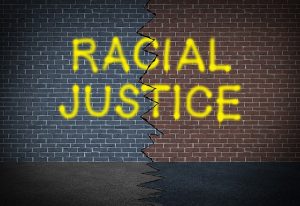
The statistics suggest that police are far more brutal in the United States than in other developed countries. They also suggest that police are safer in the United States than in other countries with comparable numbers of civilians killed by police, suggesting the brutality is unnecessary and unjustifiable. The numbers also suggest killings are as much a reflection of racial bias as of objective threat.
Video evidence – public and private – has done a lot to expose police brutality in the United States in the last decade and can protect you and your loved ones from abuse. Of course, surveillance video is only useful to the people with access to it, which is why it’s so important to install and maintain your own cameras.
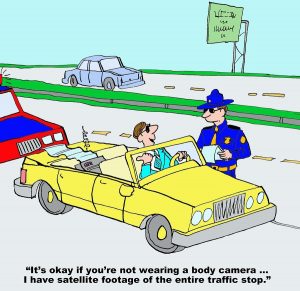
While government checks like police body cams are a great step towards accountability, access to these recordings is no longer guaranteed. North Carolina, for example, just passed legislature that bars the public from accessing body cam footage recorded by police [4].
To ensure your safety, record the interactions yourself with mobile dash cams:
- Know your rights. As long as you stay out of the officers’ ways, you are allowed to film or photograph police actions in public (including on roads and in cars). They cannot ask you to stop. They cannot confiscate your footage or ask you to delete photos.
- Prepare to have your rights violated. Some officers don’t play by the book. If they did, a thousand people wouldn’t be dead last year. Abdullah Muflahi, who owns the convenience store where police shot Alton Sterling, alleges police confiscated his surveillance footage without a warrant [5]. If you’re afraid of having your phone confiscated, download the American Civil Liberties Union’s Mobile Justice app, which forwards video to the ACLU directly in case your phone is confiscated or destroyed.
- Install mobile dash cams. In some instances, police have killed civilians during routine traffic stops. Everyone should have dash cams to record both interactions with police and with other drivers (they’re great for insurance disputes).
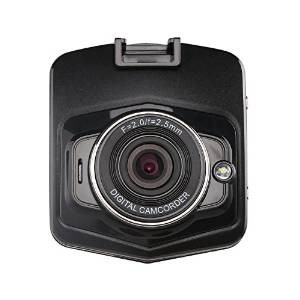
Purchase a camera that records in both directions and install it on your rearview window, that way it records the road ahead and behind you, as well as what happens inside the car. It’s also less visible to others in the back.
Call us to find the best package to support your mobile internet needs 1-866-439-6630.
[1] The Counted. Available at: http://www.theguardian.com/us-news/ng-interactive/2015/jun/01/the-counted-police-killings-us-database.
[2] Brazil police ‘killed hundreds’ in Rio – Amnesty. Available at: http://www.bbc.com/news/world-latin-america-33757212.
[3] 2015 may be one of the safest years for law enforcement in a quarter century. Available at: https://www.theguardian.com/us-news/2015/sep/04/police-deaths-2015-law-enforcement-safety.
[4] New Law Makes Police Cam Footage Off Limits To Public. Available at: http://abc11.com/1422569/.
[5] Alton Sterling Witness: Cops Took My Phone, My Surveillance Video, Locked Me Up. Available at: http://www.thedailybeast.com/articles/2016/07/11/alton-sterling-witness-cops-took-my-phone-my-surveillance-video-locked-me-up.html.

